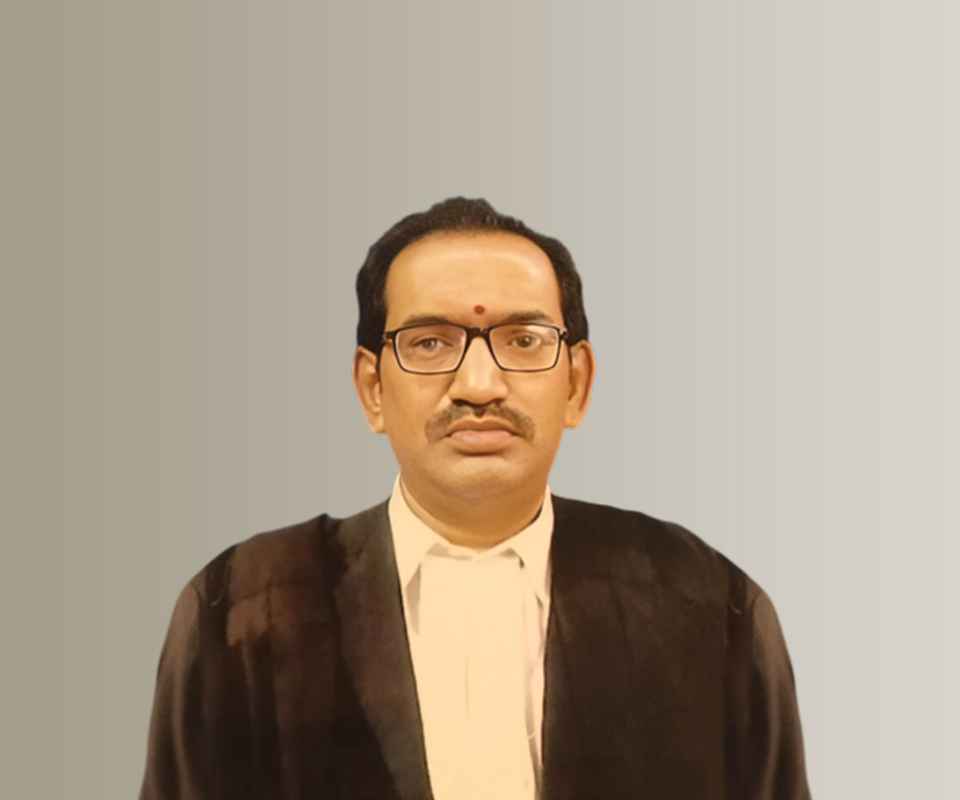Answer By law4u team
In India, universities are governed by constitutional provisions and laws that mandate equality and non-discrimination in the admission process. The Constitution of India guarantees equal rights to all citizens, including the right to access education without discrimination based on caste, religion, or gender. The legal framework ensures that universities cannot refuse admission to students solely on these grounds, except in cases where specific affirmative action policies, such as reservations, apply to certain disadvantaged groups.
Legal Provisions and Protections:
Right to Equality (Article 14, 15, 16):
Article 14 of the Indian Constitution guarantees equality before the law and equal protection of the laws to all citizens. This means that a university cannot discriminate against students based on caste, religion, or gender in its admissions process.
Article 15 prohibits discrimination on the grounds of religion, race, caste, sex, or place of birth. This directly applies to educational institutions, both private and public.
Article 16 ensures equality of opportunity in matters of employment or office under the state, which also includes the right to access educational institutions.
Reservation System (Affirmative Action):
While universities cannot discriminate based on caste, religion, or gender, there are reservations (affirmative action) that ensure access to education for marginalized communities. This is based on social justice and attempts to rectify historical disadvantages faced by communities like Scheduled Castes (SC), Scheduled Tribes (ST), Other Backward Classes (OBC), and Economically Weaker Sections (EWS).
The reservation system does not mean discriminating against others but rather ensuring representation and access for those who have been historically marginalized. SCs, STs, and OBCs are given seats under the quota system as per the percentage defined by the government. However, the general category students are still not discriminated against as the university still follows a merit-based selection process.
Discrimination Based on Gender:
Gender-based discrimination is also prohibited under the Indian Constitution, particularly under Article 15, which ensures gender equality in educational institutions.
Women students are not to be denied admission based on gender, and universities are required to promote gender inclusivity and equal opportunities. For instance, many institutions offer separate quotas or scholarships to encourage female students, particularly in male-dominated fields like engineering and technology.
Additionally, universities are mandated to create a safe environment for female students by adhering to guidelines regarding sexual harassment under the Sexual Harassment of Women at Workplace (Prevention, Prohibition, and Redressal) Act, 2013.
Secular Nature of Educational Institutions:
India is a secular country, and universities must operate on the principles of secularism, meaning they cannot deny admission based on religion. Students from all religions must be provided with equal access to educational opportunities.
Any attempt by a university to refuse admission to a student based on their religion would be a violation of Article 15 and would be considered unconstitutional.
Public vs. Private Universities:
Public Universities:
As institutions funded by the state, public universities are bound by constitutional provisions and cannot refuse admission based on caste, religion, or gender.
Private Universities:
While private universities enjoy some autonomy, they must still adhere to constitutional mandates related to non-discrimination. They cannot refuse admission solely on the grounds of caste, religion, or gender. However, some private universities may have their own admission criteria, but such criteria must not conflict with national principles of equality.
Legal Recourse for Discrimination:
If a student feels that they have been denied admission based on discriminatory grounds, they can file a complaint with:
- The University Grants Commission (UGC) if it's a central university or State Education Board if it's a state university.
- National Commission for Scheduled Castes and National Commission for Scheduled Tribes in case of caste-based discrimination.
- The National Commission for Women (NCW) in case of gender-based discrimination.
Legal action can also be taken in the form of a public interest litigation (PIL) in the High Court or Supreme Court if there is widespread evidence of discrimination within an institution.
Examples:
Caste-Based Admission Refusal:
A student from a Scheduled Tribe (ST) background applies for admission to a central university. However, the university refuses the student's application based on their caste, claiming it does not have sufficient seats. The student can challenge this decision under the Reservation System and file a complaint with the UGC or take legal action through the courts.
Gender-Based Admission Refusal:
A university refuses to admit a female student to a gender-stereotyped program such as engineering, stating that it is a field reserved for male students. The student could legally challenge this decision in court as it violates Article 15 of the Indian Constitution, which guarantees gender equality.
Religion-Based Admission Refusal:
A private university refuses to admit a Muslim student based on religious grounds, even though the student meets the eligibility criteria. The student can take legal recourse by filing a complaint with the National Commission for Minority Educational Institutions or the National Human Rights Commission (NHRC), as well as seeking legal intervention for violating secularism principles.
Conclusion:
No university in India, whether public or private, can refuse admission based on caste, religion, or gender. The Indian Constitution guarantees equality and non-discrimination in education, ensuring that all students have equal access to higher education opportunities. Affirmative action through the reservation system seeks to provide fair representation to marginalized groups, but this is not a form of discrimination against others. Any violation of these rights can be legally challenged, ensuring that educational institutions adhere to constitutional principles of social justice and equality.







